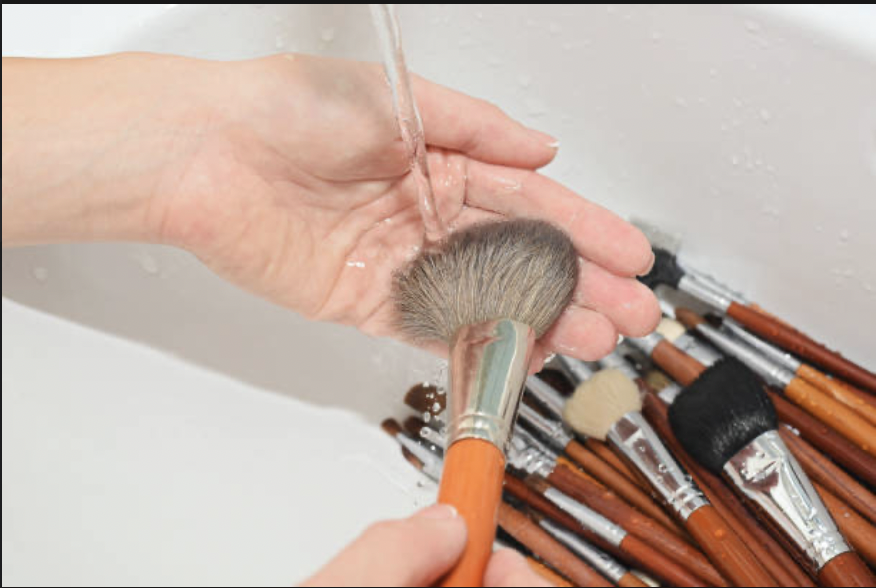The importance of hygiene in makeup application: tips and tricks for keeping your tools and workspace clean and sanitary.
Makeup application is an art form that can transform a person's appearance, boost their confidence, and enhance their natural beauty. However, it's important to remember that the tools and products used in makeup application can also harbor harmful bacteria and other germs that can cause skin infections, breakouts, and other health issues. This is why hygiene is essential in makeup application.
In this article, we'll explore the importance of hygiene in makeup application and provide tips and tricks for keeping your tools and workspace clean and sanitary.
Why is hygiene important in makeup application?
As mentioned earlier, makeup products and tools can easily become a breeding ground for bacteria, viruses, and other germs. These microorganisms can cause a range of skin issues, such as acne, skin irritation, and even infections. Additionally, the eyes and lips are particularly vulnerable to infection, as they are areas where bacteria can easily enter the body.
When you share makeup products or tools with others, you increase the risk of transferring these germs and bacteria. This is especially concerning for makeup artists who work on multiple clients in a day. Without proper hygiene practices, makeup artists can unknowingly spread germs from one client to the next, causing serious health issues.
Tips for keeping your makeup tools and workspace clean
Now that we've established the importance of hygiene in makeup application, let's explore some tips and tricks for keeping your tools and workspace clean and sanitary.
Wash your hands: Before touching any makeup products or tools, it's essential to wash your hands thoroughly with soap and water. This helps to remove any germs or bacteria on your hands that can transfer to your makeup products.
Clean your brushes and sponges: Makeup brushes and sponges are some of the most common culprits for harboring bacteria. It's important to clean them regularly to prevent the buildup of bacteria. Use a brush cleaner or a mild soap and warm water to clean your brushes and sponges.
Disinfect your products: Makeup products that come in contact with your skin, such as foundation, should be disinfected regularly. Use a spray bottle with rubbing alcohol to disinfect your products, or wipe the surface of the product with a disinfecting wipe.
Use disposable tools: Consider using disposable tools such as cotton swabs, sponges, and applicators to avoid transferring bacteria between clients. Dispose of them after each use.
Sanitize your workspace: Wipe down your makeup station with a disinfecting wipe or spray before and after each client. This helps to eliminate any bacteria that may be present on the surface.
In conclusion, hygiene is essential in makeup application. By following these tips and tricks, you can ensure that your tools and workspace remain clean and sanitary, reducing the risk of skin infections and other health issues. Remember, a clean makeup application is a healthy makeup application!

